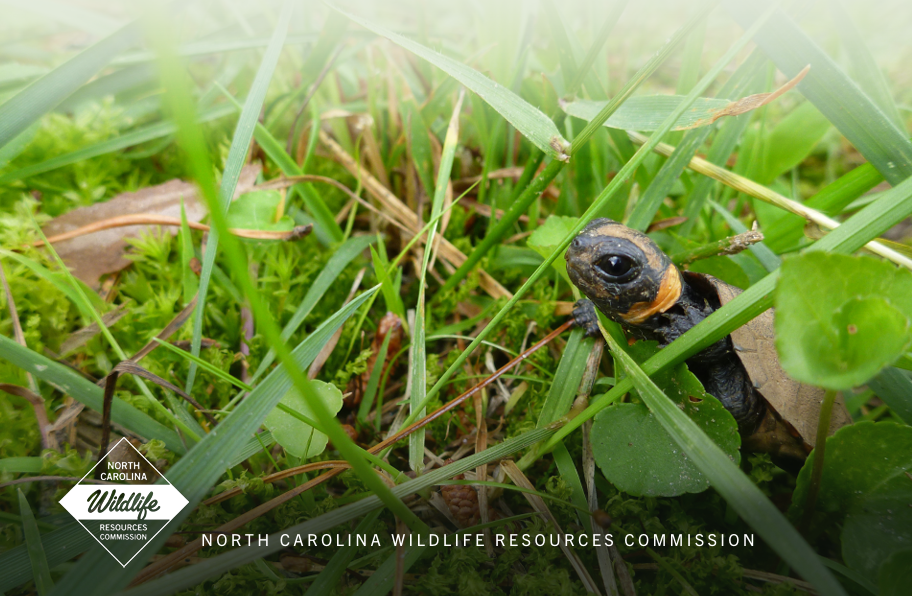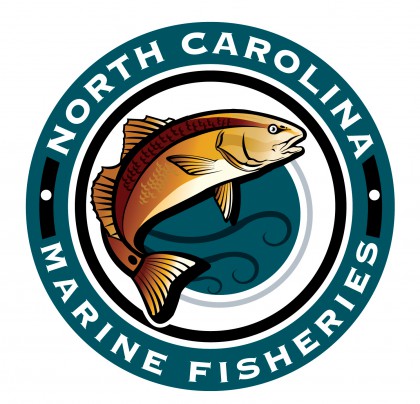
The National Marine Fisheries Service, which is also known as NOAA Fisheries and works to advance and export sustainable management practices internationally, is celebrating National Seafood Month.
The United States is recognized as a global leader in sustainable seafood for both wild-caught and farmed species because U.S. fishermen and fish farmers operate under some of the most robust and transparent environmental standards in the world, agency officials announced.
Supporter Spotlight
Seafood is good for human health, the economy and the environment, according to NOAA Fisheries.
The seafood industry supported 1.2 million jobs and added $69.2 billion to the gross domestic product in 2017.
Studies show that regular seafood consumption has beneficial impacts on blood pressure and reduces the risk of heart disease and stroke. Follow these tips to up your seafood intake, learn what’s locally caught or expand your horizons to discover new recipes. NOAA Fisheries also recommends incorporating local seafood into your next tailgate party or to shake up your holiday menus.
Fish, shellfish, and marine algae are renewable resources, or can reproduce and replenish their populations naturally, meaning fish can be harvested sustainably within certain limits without depleting populations. Learn more about sustainable seafood.
Visit FishWatch, the nation’s seafood database on sustainable seafood, to get up-to-date information on the science, status and management of U.S. seafood and well as recipes.







